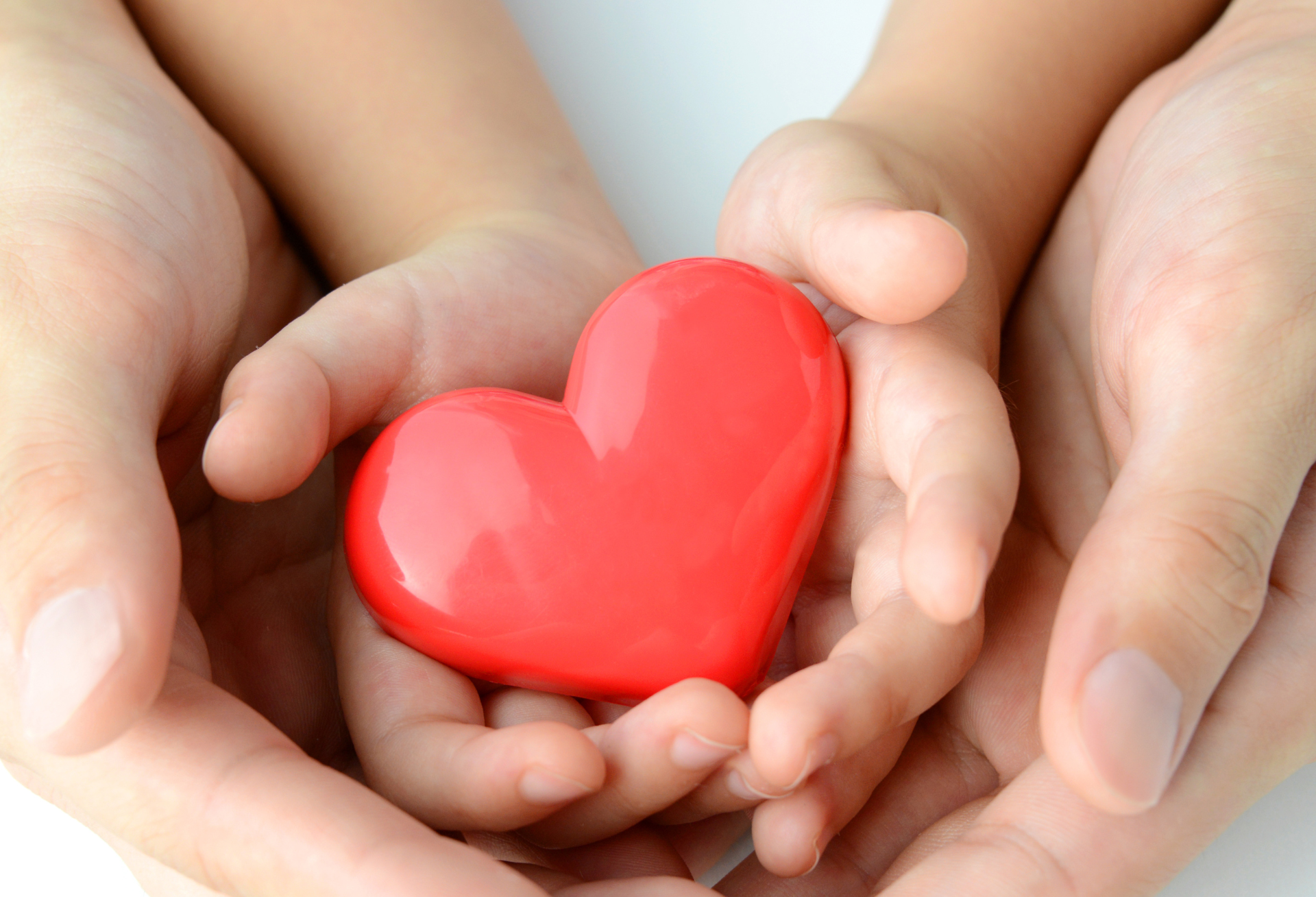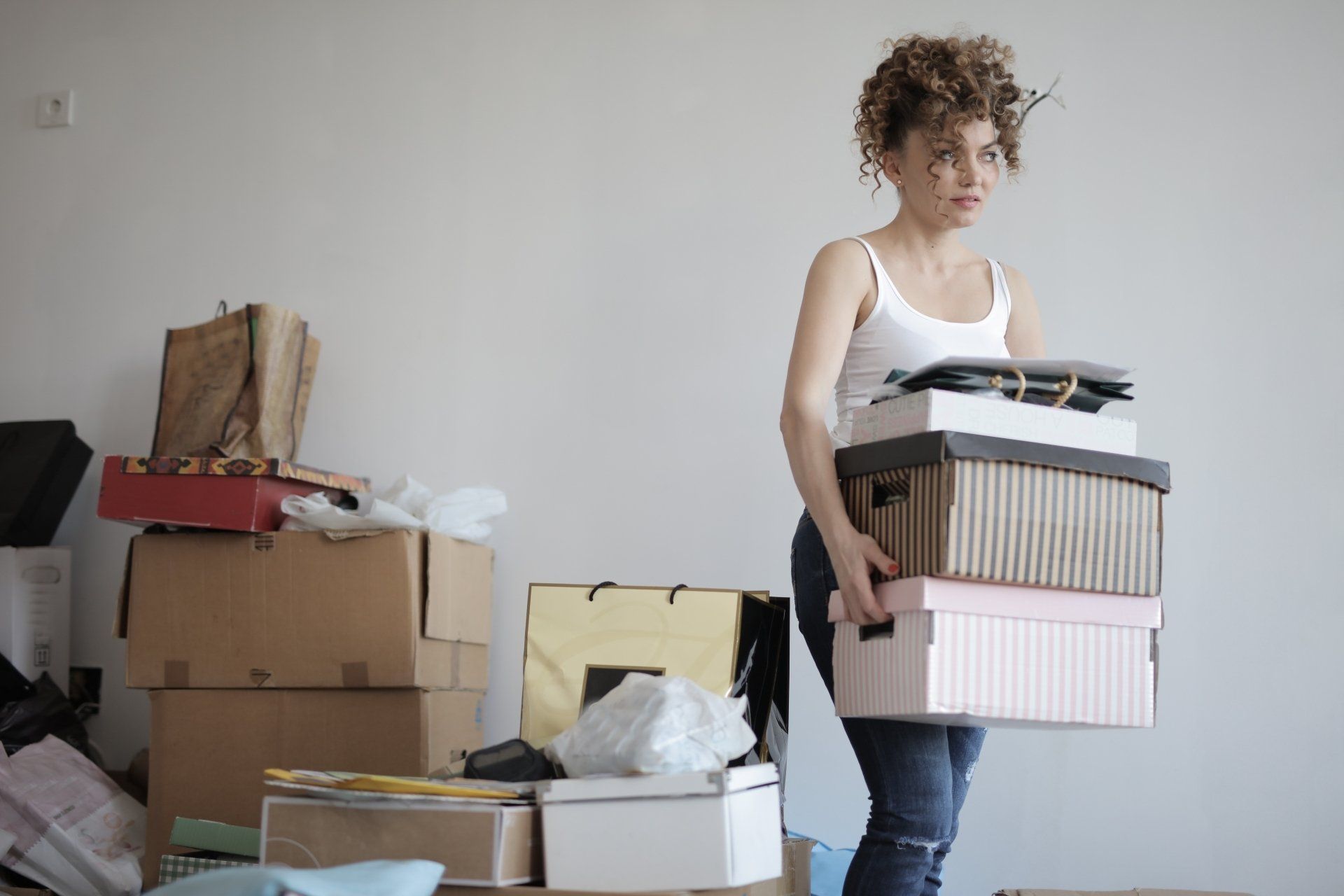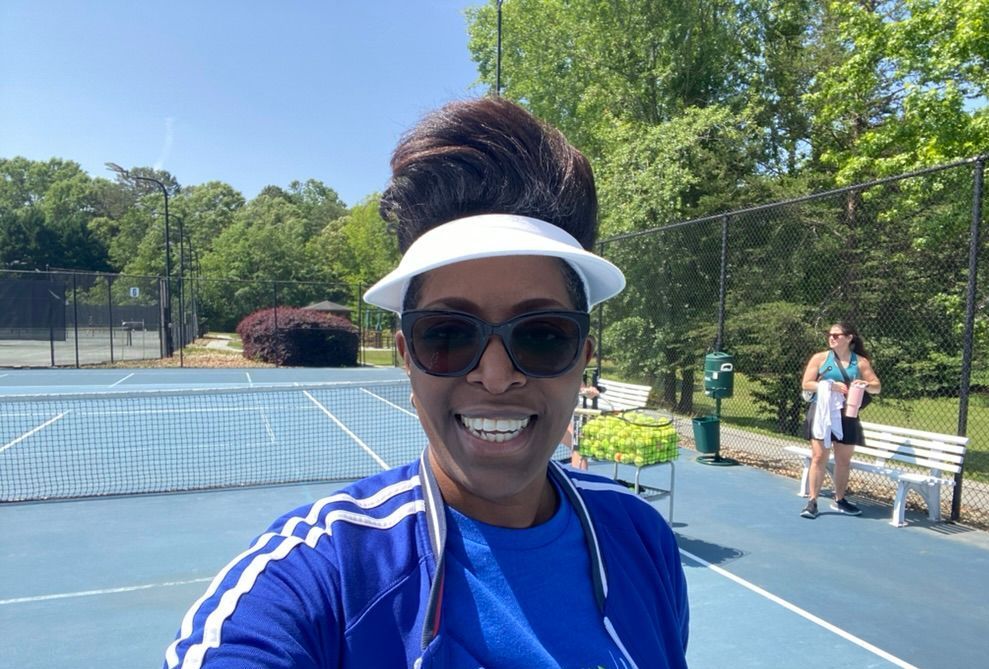Parenting the Other
I sat on the couch trembling, unable to speak as I tried to process the news I heard that day. At fifteen months, my youngest son, Alex had been diagnosed with Fragile X Syndrome; a rare genetic disorder that affects 1 in 7,000 males and 1 in 11,000 females.* Fragile X is an inherited form of intellectual and developmental disability. Our family was one that had drawn the short straw, as I learned my son was categorized as “retarded” by the medical staff who performed the genetic testing and analysis. He might not ever learn to walk and might always be dependent on others for his care, I was told. Devastating.
Despite being born a month early and being placed in the transition nursery due to some initial breathing difficulty, Alex rallied and came home with us at the standard two days following birth. Once home, everything was fine. In fact, Alex was a dream baby. Very calm and content. As he got older and started interacting with everyone, he was a very smiley, happy baby, but I started noticing that Alex wasn’t making his developmental milestones. Characteristics like low tone and inability to hold up his head became blaringly obvious as these were still challenges for him as an older baby that should have been further along developmentally. I started mentioning my concerns with his pediatric team, and though my concerns were not dismissed, there was a period in which the doctors wanted to give Alex more time. He was a preemie after all and preemies can take time to catch up to their peer-aged group. We gave Alex plenty of time, but in my gut, I knew
“I knew in my gut, something was wrong...”
something was wrong. I finally met with a pediatrician who immediately listened to my concerns and began writing scripts for testing. The news of Alex’s Fragile X diagnosis was horrible, but at least we had a name for what was happening with my son.
Following Alex’s diagnosis, we tried to support him in every way we knew how and followed our pediatrician’s advice to get him into occupational, speech, and physical therapy as soon as possible, because research suggests early therapy can give kids like Alex a leg up. We also moved to a different school district based on word-of-mouth advice that a specific school was where Alex needed to be. That advice was accurate; Alex went to a wonderful county preschool class. Alex seemed to be in good hands.

Unfortunately, following Alex’s graduation from pre-school, he was misplaced into a kindergarten class that was more than he was equipped to handle. His teacher was also a poor match for Alex. She clearly viewed him as an “other” and treated him as such. To further complicate his situation, it was also during Alex’s kindergarten school year that the pandemic hit. All the kids were sent home for virtual learning. Now the kids were home all day, expected to conduct virtual learning while the parents were also home and expected to perform work duties virtually.
An impossible situation for all parents, but in my case, Alex’s father and I had gotten divorced; I was a single mother to two boys and all three of us had to be online learning or working. I had to help manage their lessons and their time online while also working. Perhaps most disappointing about how the pandemic was handled by the education administration was the decision to have special needs children “learn” virtually.
It’s hard enough for neurotypical children to sit through a virtual school lesson, let alone a
learning-disabled child with special needs. Virtual learning was a total wash for Alex, and he lost a lot of the skills he had gained at school due to a lack of consistency. Alex is back in school and for now, we have once again found a good fit for him within the county school system where he is supported and even loved by his educational support staff.
He is happy.
Knowing my child is in a good place certainly removes a lot of stress, but it’s not enough. Through this journey, I have learned critical lessons that will shape how I plan for my son’s future: First, there are resources out there to help parents like me, but we parents have to dig for them.
Caring for special needs children is not a mainstream topic and it is on Alex’s father and me to research for him. Additionally, we must be willing to make accountable those charged with Alex’s care. Most people are innately good and want to do the right thing, but sometimes they don’t know what the right thing is and sadly some will lean toward doing what is easiest and not necessarily what is right. Parents of special needs children must be 100% involved in their child’s care and education and be at the helm in managing the decisions made for their child, regardless of whether your child is in public or private therapy and education. A final lesson to consider for Alex’s future is cost. A local private school that I feel would be perfect for Alex has tuition of around $4k-6k a month. Yes, there are tuition assistance programs, but given the median household income for our area is $65,030 annually (in 2021 dollars)**, even with tuition assistance, most family incomes cannot sustain tuition that would take up a substantial portion of that annual household income. Our family must rely on public education and though Alex’s current education is working for him, our family is at the mercy of what is provided to us.

All these challenges are my reality, and I must plan carefully for Alex’s future care. I must do everything I can to save money and leave behind clear directives to ensure his safety and happiness. Is it tough? Yes, and I realize that I must also take care of myself to not only enhance my own quality of life, but the lives of my sons as well. My boys get the best of me when I make sure the stress of our family challenges doesn’t take me out. I make sure I get lots of exercise; I’m an avid runner and I have also begun to swim laps with an intermural team again. Having young sons, especially a child who cannot be left alone can cause roadblocks to finding time to exercise. When is a parent supposed to get a workout? Sometimes you must think outside the box. The office where I work has a shower. I run during my lunch break and clean up before coming back to work for the rest of the day. When my sons are with their father, I use that opportunity to make the swim team practices and swim starting at 5:30 a.m. before I go to work. Some might see my workout routine as extreme, but I believe my physical and mental health are important. I deserve to be fit and happy and my kids deserve to have a mom that is doing everything she can to have a longer, high-quality life. This mom plans to be around for a while.
I also make sure I plug into my support network. I have done a good job of connecting with people who I call real friends; those ride-or-die people who know how to offer reciprocal support. My friends are emotionally available and invested in me and my family - some have been with me for decades. Part of making sure I’m plugged into a support network is also reaching out to my therapist when I need her. She too has been with me for years, knows my kids and has been with me through the struggle of my son’s diagnosis, my divorce, and my subsequent single mom years. It is critical to have someone to talk to, because keeping pain and stress sequestered in our bodies makes us sick physically, psychologically, and spiritually. And speaking of spirituality and mindfulness, I make sure I give myself time for stillness. I meditate. Whether that meditation is done through immersing myself in nature on a quiet, solo hike in the mountains or a noisy group hike with my kids – being in nature heals me. I like to sit quietly and journal, and sometimes if I’m lucky, it works out for me to attend a sound bath or yoga session. In short, I think it’s important we give back to ourselves. Being a special needs parent can be scary and stressful, but I refuse to let those pieces of the experience own me or my family – we must keep going.
The silver lining in all this is that Alex is a wonderful, innocent soul who is truly a gift from God. His disabilities will likely keep Alex at home into his adulthood and I have the comfort of knowing I get to keep this baby with me. My greatest wish for Alex is for him to receive the acceptance and love he gets from his inner circle on the outside of that circle as well.
What I would like others to know about our family and how to interact with us is this: humans innately analyze our environment. We assess and label – it’s how we’re built, but I would also like to remind everyone that humans are also capable of critical thought, deep emotion, and genuine connection to one another. My son gets labeled as “other” because he behaves differently than kids in his peer-age group, but if you think about what being intellectually disabled means, Alex is behaving no differently than where he is developmentally. True, Alex’s body is older, but cognitively, he’s much younger, like a toddler in many ways. It all comes down to our perceptions and expectations. We don’t bat an eye when a toddler behaves a certain way, but when an older child might exhibit similar behavior due to his/her cognitive exceptionalities, human nature is to label and categorize that child as “other”. I invite those to think more sympathetically about my son – he is exactly where he is supposed to be in his developmental journey. He and his family are okay with that, and so should you be. Dismiss the concept of “other” and turn your expectations into acceptance. My child is the embodiment of the great love that our creator has to offer us and truly seeing Alex and accepting him for who he is could invite that love into your own life.
Choose love.






About LiveOpti
LiveOpti is your guide to health and happiness. We offer a unique approach to wellness and aim to lead you to a happy, well-balanced life and where you care for your mind, body and spirit.
Courses
Stay Connected
We will get back to you as soon as possible.
Please try again later.
All Rights Reserved | LIVEOPTI by L'REH & CO




